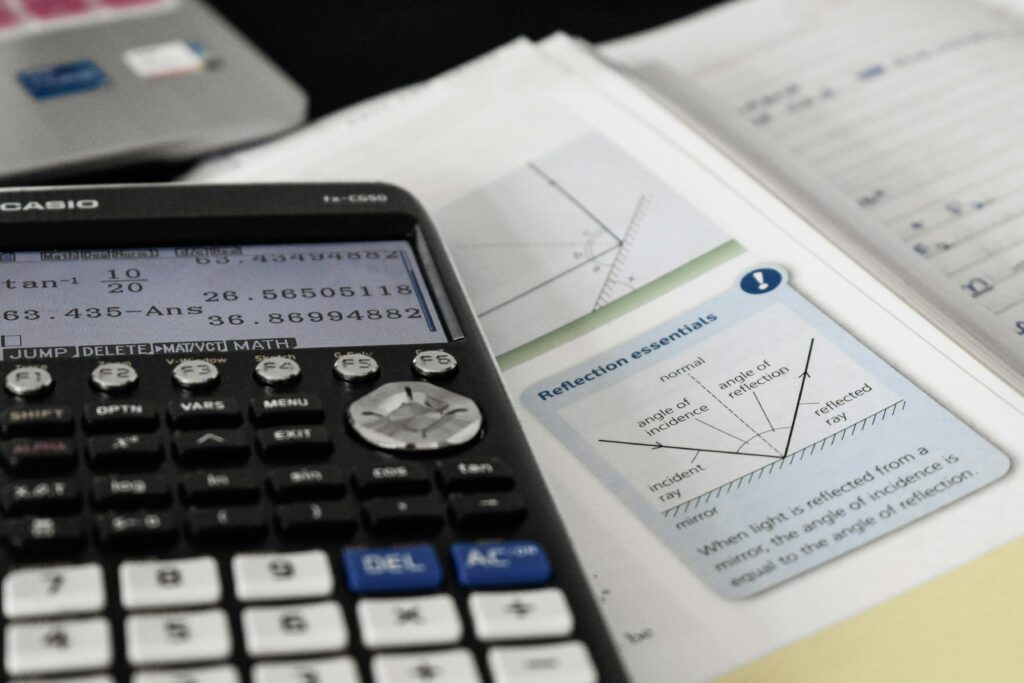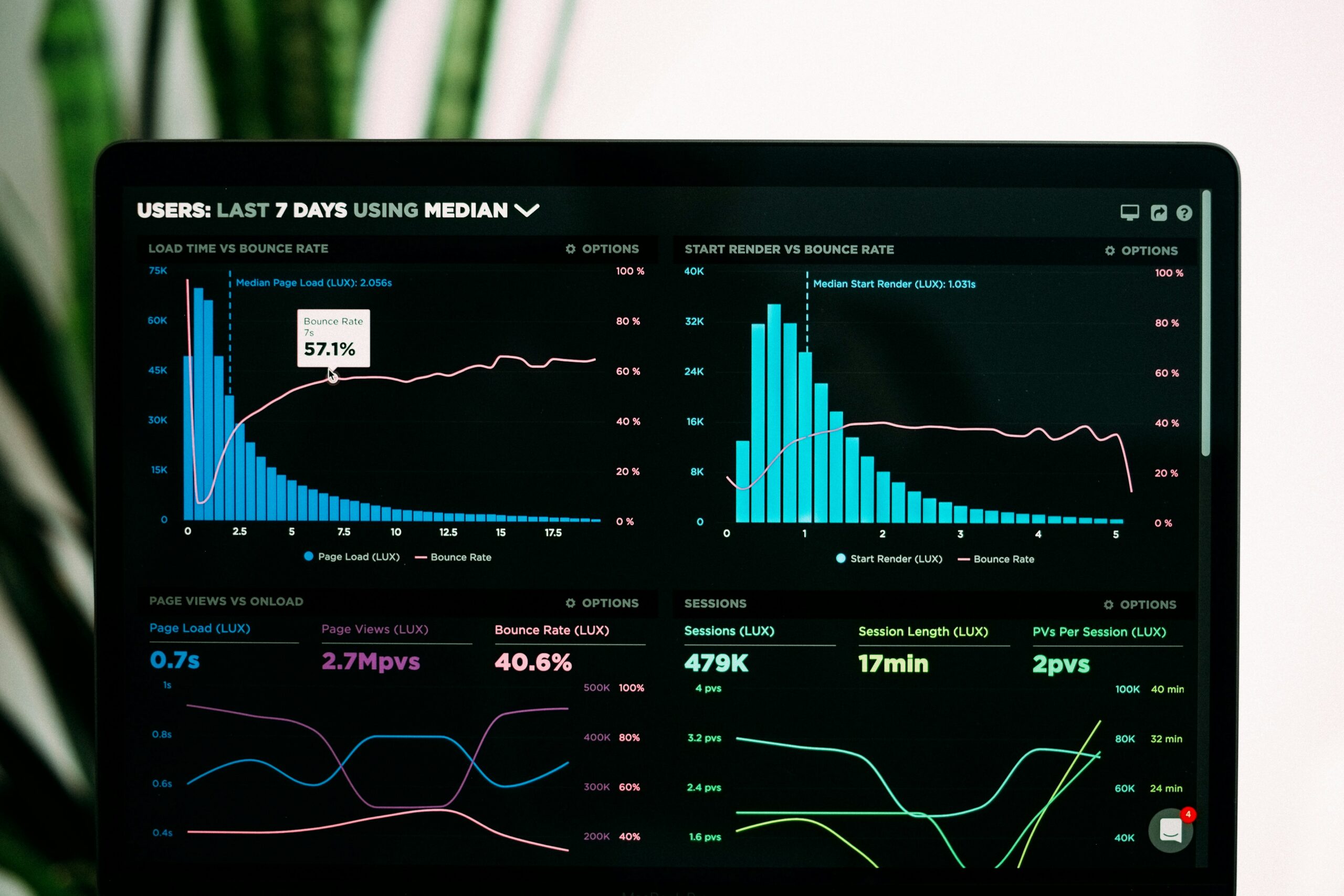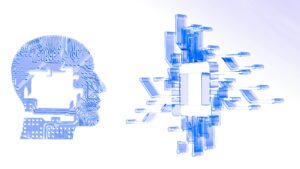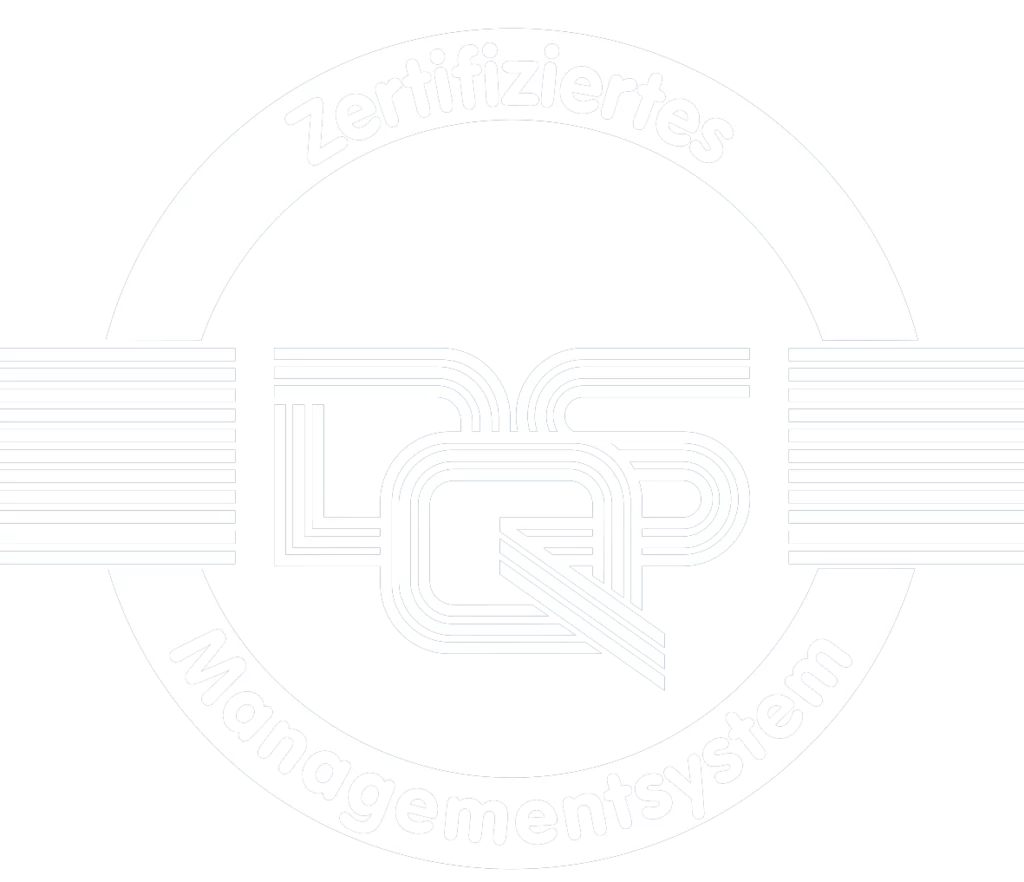Data analytics and data science are two of the most obvious professional outlets for those looking to build a career in the world of data, but understanding the difference between these two disciplines is not entirely straightforward.
This article is intended to clarify what sets data analytics and data science apart, and as importantly, which career options each of these disciplines will open up for you.
Let’s start with basic definitions!
What is Data Analytics?
Data analytics is the process of examining data to uncover hidden patterns, trends, and relationships. It uses a variety of techniques to extract insights from both structured and unstructured data. This helps inform decision-making and improve processes.
You can think of it as peeling an onion: you begin with the raw data, then you clean it, you smooth it, you chop off the bits you don’t need, and finally you start peeling off the layers one at a time.
By the end of the process, you will have learned something new – sometimes this may be exactly the answer you needed, other times it may be an unexpected insight, and sometimes (alas, it does happen!) you may simply not find what you were looking for.
What is Data Science?
Data science is a highly interdisciplinary field, which makes it harder to define precisely. More than just an academic discipline, data science is also a profession, one that can be practised in a wide variety of industries.
Speaking broadly, then, data science can be defined as the ‘umbrella term’ which contains any technological-based research that is fundamentally and primarily about data. This means data science can be practised by researchers and professionals in a very wide variety of fields, be they an influencer looking to improve engagement on their social media or a software engineer trying to build a fully-fledged Artificial Intelligence (AI) system.
Data science will include many of the processes we described for data analytics, like examining data to uncover hidden patterns. But it is more open-ended and tackles a greater variety of concepts and problems.

So, what is the difference between data analytics and data science?
You may have already deduced from the above definitions that there is considerable overlap between data science and data analytics, even if the two are not the same thing. Many of the topics you would study in the one would also, inevitably, be part of the curriculum in the other.
Nonetheless there are important differences between data science and data analytics. The most significant are the following:
- Data science is a broader field than data analytics, in the sense that it embraces a wider conceptual horizon and tackles a greater variety of problems. This doesn’t necessarily make data analytics simpler, only more specialistic in terms of its applications.
- Data analytics generally synergises well with specific job roles: a data analyst could work as a business analyst, a marketing analyst, a tourism analyst, and other such roles in which the ability to analyse data is combined with other professional abilities. Data science is more difficult to pin down. A data scientist is less likely to be employed in a specific role, and more likely to apply their skills to a variety of tasks, from analysis to engineering.
- Data analytics professionals increasingly make use of AI tools, but are not involved in their creation. Data science on the other hand involves developing and deploying machine learning algorithms, and provides the foundational skills necessary to work in the engineering and development of Generative AI.
Which is the best fit for you, data science or data analytics?
Now that we have an understanding of what these two fields are and what makes them distinct, let’s pass to the most important question: which one of them is right for you?
Let’s make a list of the most important variables.
DATA ANALYTICS IS BEST FOR YOU IF…
- You’re looking to acquire a precise, targeted set of skills for a well-defined purpose.
- You already have a good idea of where and how you want to apply your new abilities in data.
- You see exploring data as a means to an end, as an instrument to get something done, and not necessarily as a process you enjoy for its own qualities.
- You want to learn data in the most time-efficient way possible.
DATA SCIENCE IS BEST FOR YOU IF…
- You want to acquire a general, flexible set of skills that will allow for the widest possible applications.
- You want to work with data, but don’t particularly mind in which industry.
- You find exploring and managing data something interesting in its own right.
- You are ready to invest a longer time in learning the required skills.
- You are open to the idea of working in the field of Generative AI.
But wait, do I need mathematics to learn data analytics and data science?

Both these disciplines require a familiarity with basic statistics and the willingness to work with numbers, but the idea that only those gifted with great mathematical intuition can work with data is a myth.
For data analytics, you really only need to get handy with some branches of high-school level maths to get started: statistics, naturally, and the essentials of calculus and algebra. But most of the actual calculations will be performed by your computer, and indeed learning how to efficiently delegate mathematical problems to machines is part of what data analytics is all about.
For data science, it really depends on what you want to do with it. For many professional roles, what we just said about data analytics also holds true – you don’t need anything more than basic statistics to get started, and most calculations can be delegated to the computer.
At the same time, if your plan is to work in academic research or in cutting-edge data engineering, then yes, a solid preparation in mathematics will be a prerequisite. Data science is a broad field, and it welcomes those passionate about numbers just as much as those with broader interests.
What sort of jobs can I do with data analytics and data science?
Due to the overlap between data science and analytics, you should always remember that being trained in one of the fields will give you at least the foundations to redeploy in the other.
With that being said, let’s look at some examples of professional roles that are particularly appropriate for each domain.
3 JOBS THAT YOU CAN DO AS A DATA ANALYST:
- Business analyst: Responsible for analysing data regarding markets, sales, costs, revenue, and profitability, with the objective of helping a company define and achieve its goals.
- Marketing analyst: Analyses market data to determine which products will be most successful with particular demographic groups, as well as optimising the performance of a company’s marketing campaigns by looking at variables like click-through rate, traffic, search-engine rankings, ad performance, social media engagement, and more.
- Data journalist: Explores data from a wide variety of fields and extracts relevant news stories, such as the success/failure of a government’s economic policy, the latest trends in entertainment and fashion, or the performance of athletes in a particular sport.
3 JOBS THAT YOU CAN DO AS A DATA SCIENTIST:
- Data scientist: Responsible for research that involves data, whether in a professional or academic setting. This can involve a variety of tasks, ranging from simple comparative work to complex problem-solving.
- Data engineer: Responsible for building and maintaining the software infrastructure required to gather and process data, as well as solving problems in the process of data analysis.
- Financial analyst: The world of finance must wrestle with some very high-level data problems, which often require the competences of a fully-qualified data scientist to be addressed.
Choosing by the numbers

We hope this article has clarified the difference between data science and data analytics for you. Don’t forget that there is an overlap between these two fields, and that studying one is the best way to prepare yourself for a transition into the other.
So what is the next step? If you think data analytics is your jam, then check out our 11-week Data Analytics Bootcamp. If you feel that data science is right for you, then your next stop is our 15-week Data Science Bootcamp.
Start building your future career today, and make it exactly what you want it to be.






